IN STEREOTYPE
Literature Now
LITERATURE NOW
Matthew Hart, David James, and Rebecca L. Walkowitz, Series Editors
Literature Now offers a distinct vision of late twentieth- and early twenty-first-century literary culture. Addressing contemporary literature and the ways we understand its meaning, the series includes books that are comparative and transnational in scope as well as those that focus on national and regional literary cultures.
Caren Irr, Toward the Geopolitical Novel: U.S. Fiction in the Twenty-First Century
Heather Houser, Ecosickness in Contemporary U.S. Fiction: Environment and Affect
IN STEREOTYPE
South Asia in the Global Literary Imaginary
Mrinalini Chakravorty
Columbia University Press

New York
Material in chapter 4 previously appeared in The Dead That Haunt Anils Ghost: Subaltern Difference and Postcolonial Melancholia PMLA 128, no. 3 (May 2013): 54258.
Material in chapter 5 appeared in a previous form as Brick Lane Blockades: The Bioculturalism of Migrant Domesticity, MFS: Modern Fiction Studies 50, no. 3 (2012): 50328.
Columbia University Press
Publishers Since 1893
New York Chichester, West Sussex
cup.columbia.edu
Copyright 2014 Columbia University Press
All rights reserved
E-ISBN 978-0-231-53776-6
Library of Congress Cataloging-in-Publication Data
Chakravorty, Mrinalini.
In stereotype : South Asia in the global literary imaginary / Mrinalini Chakravorty.
pages cm
Includes bibliographical references and index.
ISBN 978-0-231-16596-9 (cloth : alk. paper) ISBN 978-0-231-53776-6 (electronic)
1. South Asian literature20th centuryHistory and criticism. 2. South Asian literature21st centuryHistory and criticism. 3. Stereotypes (Social psychology) in literature. I. Title.
PK5416.C43 2014
891.4dc23
2013040700
A Columbia University Press E-book.
CUP would be pleased to hear about your reading experience with this e-book at .
Jacket design by Noah Arlow
References to websites (URLs) were accurate at the time of writing. Neither the author nor Columbia University Press is responsible for URLs that may have expired or changed since the manuscript was prepared.
For
Lindon Warren Barrett
CONTENTS
A book begins long before it takes the shape of one, sometimes in fragments and in conversations that only later seep into its pages. The ideas in this book first germinated in the many rich conversations I had with a fabulous cohort of mentors, colleagues, and friends at the University of California, Irvine.
As far as these things are knowable, the initial inspiration for the project came from David Lloyds seminar Modernity and the Irish Body, which to this day serves as my model for how to read meticulously while challenging the assumptions of texts even when succumbing to their pleasures. Irish colonial modernity, of course, was shot through with colonialist stereotypes of Irish otherness. Yet the fantastic recalcitrance of the Irish in appropriating and redeploying these stereotypes toward insurgent, countercolonial practices is a lesson that David taught so very well and one that endured with me. I feel deeply fortunate to have been inspired by Davids example, and for finding such a brilliant and generous interlocutor who spurred my early interests in cultural stereotypes and compelled me to run with it in my own way.
I am also grateful for the steadfast encouragement provided by Gabriele Schwab and J. Hillis Miller. My work has benefited immensely from their truly unorthodox and intellectually lively engagement. Gaby has been a friend and confidante without parallel; from her I have learned that scholarly curiosity should be motivational, ethically directed, and spellbinding. To Hillis, I am infinitely grateful for showing me the importance of tackling knotty problems with grace and diligence. He has also been a tireless advocate on my behalf, selflessly sharing both his sparkling reflections on literature as well as his immense experience of the profession. Indeed David, Gaby, and Hillis have persistently modeled a generosity of spirit and responsiveness that I can only hope to emulate. They have all read multiple iterations of this book in its present and former incarnations with unfailing enthusiasm and eye to detail. That the book is not perfect is no measure of their failure to offer timely and rigorous feedback; any shortcomings in the book remain indeed my own.
This book would not have been possible without Lindon Barrett, who continues to be a vital and prevailing influence in my thought and life; I dedicate this work to him. Above all, Lindon was a friend of the deepest, most fiercely loyal kind, and I miss his presence terribly. Without Lindon, I would have little concept of what it means to be truly passionate about living a life of the mind motivated by an acute desire to see a more reciprocal, equitable world. He was singular in encouraging a unique kind of intellectual camaraderie and risk-taking among his students and colleagues, many of whom were part of the cultural studies cohort that thrived in Irvine under his direction. I thank Leila Neti, Janet Neary, Amy Parsons, Arnold Pan, Bruce Barnhart, Naomi Greyser, Ginger Hill, Linh Hua, Rajagopalan Radhakrishnan, and Jared Sexton for the many energetic conversations we had about culture, race, and representation as part of this group. Many other friendships sustained the initial conceptions of this project, including in particular those with Jeffrey Atteberry, Barbara Antoniazzi, Mariam Beevi, Lan Duong, Bond Love, Patricia Pierson, and Jim Ziegler. Rachel Meyer deserves a mention all of her own: she singlehandedly infused these years with fun, hilarity, gossip, and intellectual vigor for so many in her circle. I miss her zeal for life. At Irvine, thanks are also due to Gayatri Chakravorty Spivak, Steve Mailloux, Julia Lupton, Jim Steintrager, Beheroze Shroff, Ngugi wa Thiongo, Wolfgang Iser, Rey Chow, Homer Brown, Glen Mimura, Ketu Katrak, Rei Terada, Fredric Jameson, and Etienne Balibar.
In many ways, a book is a bit of a time machine that travels with the author over time. If this books expedition began in California, it has since crisscrossed many places and changed shape in each sojourn. At Kenyon College in Ohio, I benefited greatly from discussions with Jesse Matz, Ted Mason, Sergei Lobanov-Rostovsky, Wendy Singer, and Joseph Campana. I also thank Sara Clarke Kaplan, Kirstie Dorr, and Asha Nadkarni for friendship, spirited optimism, and their conviction that what we dreamed collectively would always take us further. Across time and space, the direction the book ultimately traveled also profited from critical conversations with and the generous responses of Sangeeta Ray, Nancy Armstrong, and Warren Montag.
While the first inspiration for this book was formed in California, its final shape owes everything to the insightful and sustained support it received in Virginia. More than anything, this is a book born in Virginia. For this, my colleagues in the department of English at the University of Virginia deserve my most heartfelt gratitude. In particular, I thank Jahan Ramazani, Gordon Braden, Eric Lott, Caroline Rody, Steve Arata, Cristina Dela Colleta, and Karen Chase for offering sage advice during the first moments of revision. At key moments over the years, Susan Fraiman, Anna Brickhouse, Sandhya Shukla, Bruce Holsinger, Rita Felski, and Michael Levenson asked incisive questions and made invaluable suggestions that breathed new life into the project. I will forever be beholden to Susan, Anna, Bruce, and Sandhya for being such good friends and for being so ever ready to read and comment on new material at short notice. My thanks to Gordon Braden, Jahan Ramazani, Alison Booth, and Cynthia Wall, who, as chairs of the department, contributed more to the making of this book than they know.

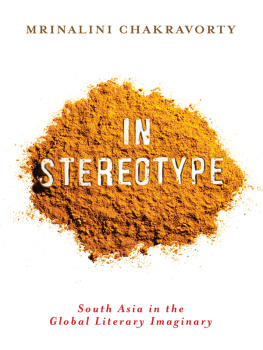
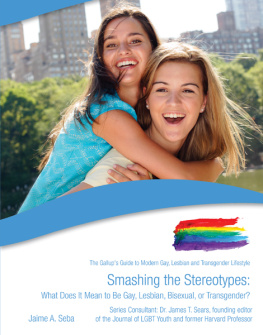
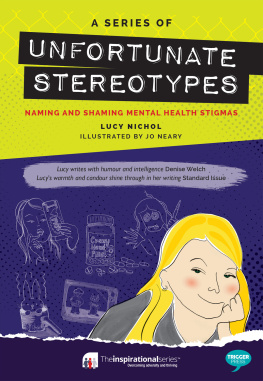
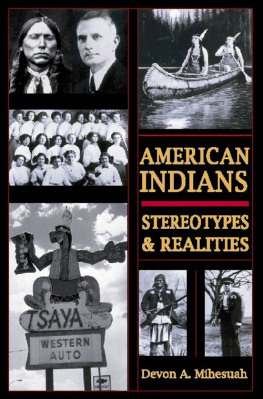

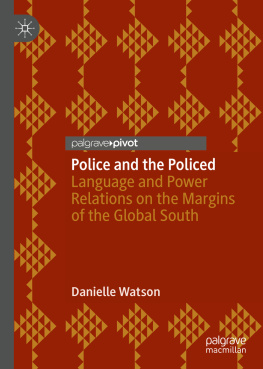

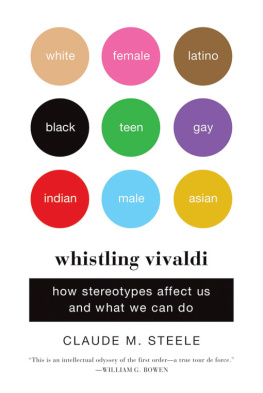
 New York
New York